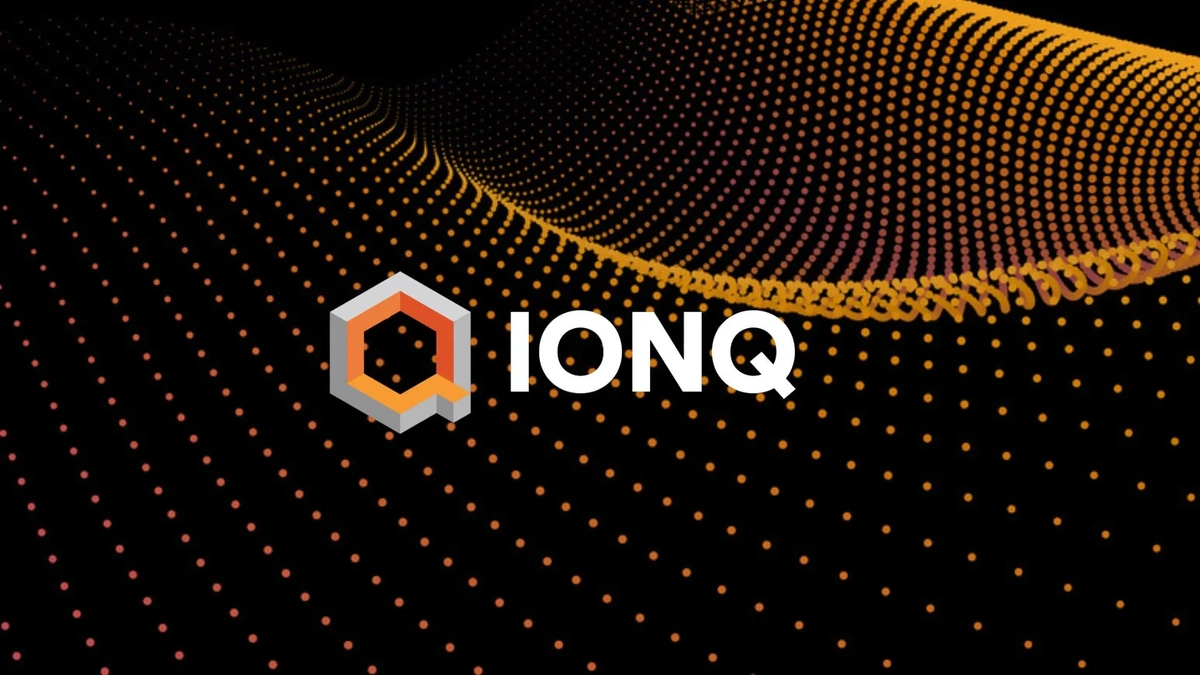The quantum computing race is heating up, and IonQ , a leading player in the field, is reportedly in talks with the U.S. government regarding a potential investment stake. Now, before you start picturing clandestine meetings and futuristic labs, let’s break down what this actually means, why it matters, and what the heck quantum computing is all about anyway. Because let’s be honest, most of us hear “quantum” and immediately think of cats in boxes, thanks to Schrödinger (who probably didn’t foresee this).
Why This Matters | More Than Just Funding

It’s easy to see this story as just another company seeking government funding, but that’s missing the bigger picture. This potential investment signifies a strategic move by the U.S. to secure its position in the burgeoning quantum computing landscape. The “why” here is all about national security and economic competitiveness. Think of it like this: quantum computing promises to revolutionize everything from drug discovery to materials science to cryptography. Whoever controls the quantum realm, controls the future – or at least, has a significant advantage. As a tech enthusiast from India, the implications of this technological leap for our own growing economy are particularly exciting. As per the official reports from the U.S. Department of Commerce, it is highly important for them to lead this technology.
But it’s not just about the money, it is about strategic alignment and commitment, I initially thought this was straightforward, but then I realized, it is more than that. A government stake could lead to increased collaboration, shared research and development, and a stronger ecosystem for quantum innovation in the U.S.
Quantum Computing 101 | Ditching the Binary
Okay, let’s tackle the quantum elephant in the room. Traditional computers use bits, which are either 0 or 1. Quantum computers use “qubits.” The thing about qubits is they can be 0, 1, or both at the same time, thanks to a little something called superposition. This, combined with entanglement (another quantum phenomenon), allows quantum computers to perform calculations that are impossible for even the most powerful supercomputers today.
Here’s the thing: understanding the full implications of quantum computing requires a shift in thinking. We’re not just talking about faster computers; we’re talking about entirely new ways of solving problems. Imagine designing new drugs at the atomic level or breaking encryption codes that currently protect sensitive data. This is the potential that’s driving the quantum race. The key benefits are well defined on the Wikipedia article.
The Indian Angle | Opportunity and Challenge
So, what does all this mean for India? Well, it presents both an opportunity and a challenge. On the one hand, advancements in quantum computing could be transformative for Indian industries, particularly in areas like pharmaceuticals, finance, and cybersecurity. Imagine Indian scientists using quantum computers to develop new treatments for diseases or Indian companies leveraging quantum cryptography to secure their networks.
On the other hand, India risks falling behind if it doesn’t invest in quantum research and development. We need to foster a strong domestic quantum ecosystem, train skilled professionals, and collaborate with leading global players like IonQ. To get better insight in it, we need to know the recent technological updates . Let’s be honest, we cannot afford to be spectators in this race.
The Future is Quantum (Maybe)
Quantum computing is still in its early stages. There are significant technical hurdles to overcome before it becomes a mainstream technology. But the potential is so enormous that governments and companies around the world are pouring billions of dollars into research and development. Quantum Supremacy , quantum entanglement , qubit stability , quantum algorithms , quantum error correction , quantum supremacy , and quantum computing applications are some of the core challenges.
What fascinates me is not just the technology itself, but the implications for society. Will quantum computing exacerbate existing inequalities, or will it be a force for progress and development? These are the questions we need to be asking as we navigate the quantum future. A common mistake I see people make is thinking that quantum computing will replace classical computing entirely. That is a false statement!
FAQ Section
Frequently Asked Questions
What exactly does IonQ do?
IonQ is a company that designs and manufactures trapped ion quantum computers. These computers use ions (electrically charged atoms) to represent qubits.
How far away are we from practical quantum computers?
It’s difficult to say for sure, but most experts believe that we’re still several years away from having quantum computers that can reliably solve real-world problems that classical computers can’t.
What are some potential applications of quantum computing?
The applications are vast and include drug discovery, materials science, financial modeling, cryptography, and artificial intelligence.
Is quantum computing a threat to current encryption methods?
Yes, quantum computers have the potential to break many of the encryption algorithms that we use today. This is why there’s a growing focus on developing quantum-resistant cryptography.
So, IonQ seeking government investment? It’s not just a financial story; it’s a signal that the quantum revolution is underway. And India, and the rest of the world, needs to pay attention.




